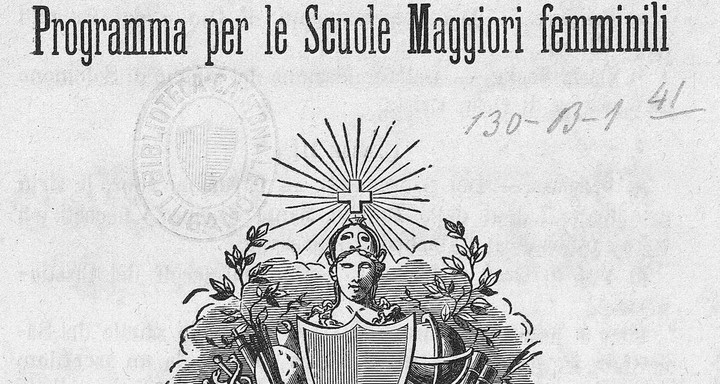
Abstract
No society is monolingual. Therefore, decisions about the languages that are included in or excluded from school curricula have a major and differential impact on individuals and carry major normative societal implications. The school language policies of the nineteenth and twentieth centuries are typically reduced to nationalism. Language curricula are said to be state’s means of creating the monolingual nationals required to prove its legitimacy. However, other explanations have also been advanced. They may rely on actors’ interests, on actors’ ideas, or on the influence of social, economic, or power structures on the political process.
So far, these different theories have always been considered in isolation, and studies seldom discuss whether the theory they advance retains its explanatory power when alternative explanations are also considered. This project aims to fill this gap. It involves comparing the different theories developed to explain school language policies and testing the causal mechanisms that they propose on an ideal pathway case: officially multilingual and federalist Switzerland. The study therefore asks: What are the underlying reasons for why languages were included in or excluded from the curricula of Swiss state-led schools from the 1830s to the 1980s?
Theoretically, the thesis refines our understanding of school language policies’ underlying causes and mechanisms, and of the relationship among state-building, nation-building, and education policy more generally. Methodologically, by drawing on recent advance historically informed qualitative case studies and, namely, process tracing, the project develops an original tool for a more theoretically informed and multidisciplinary approach to education policy. Empirically, the project takes advantage of the analytical leverage offered by the case of Switzerland and thereby develops the first systematic historical reconstruction of the modern Swiss state’s school language policies.